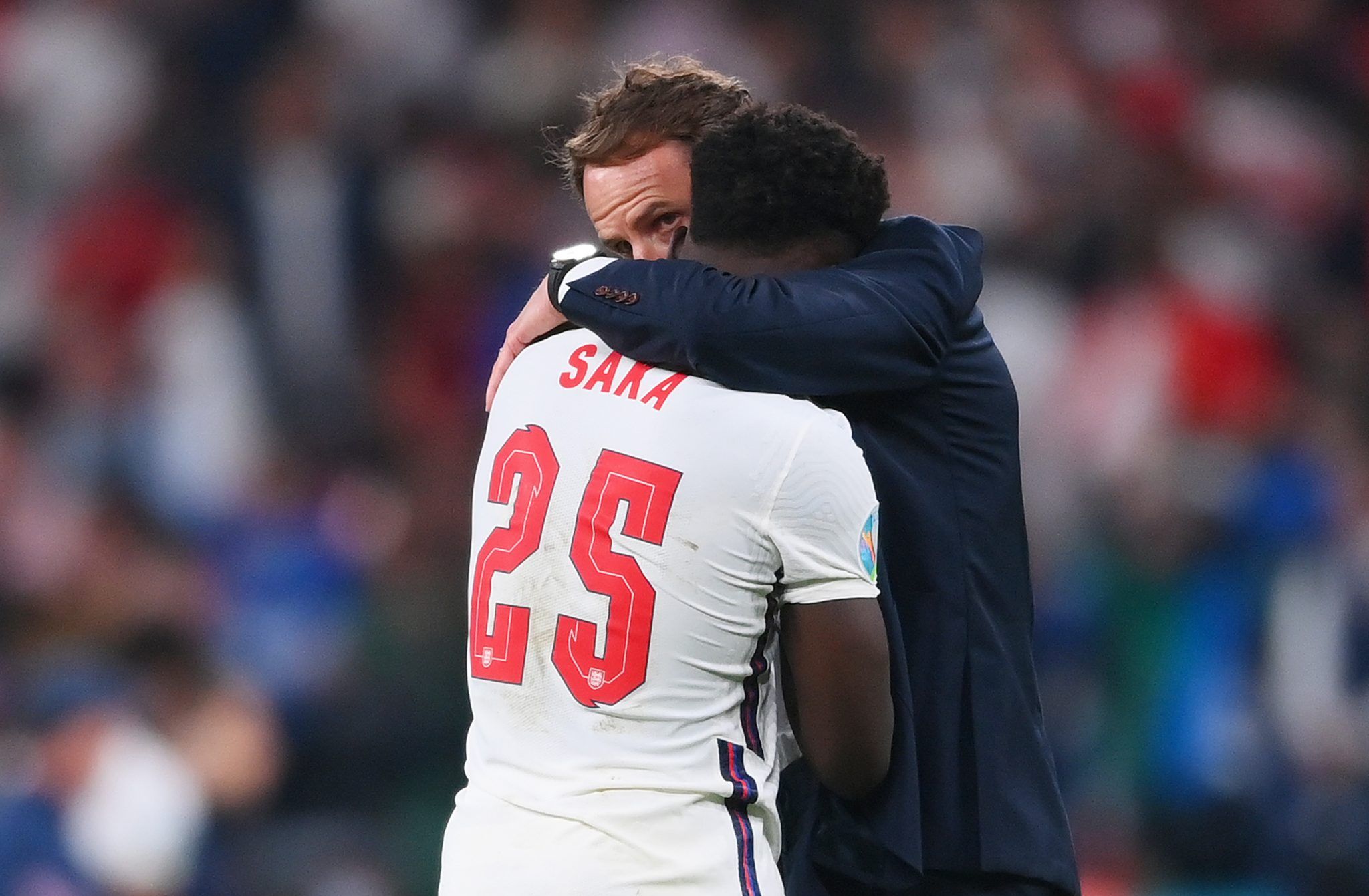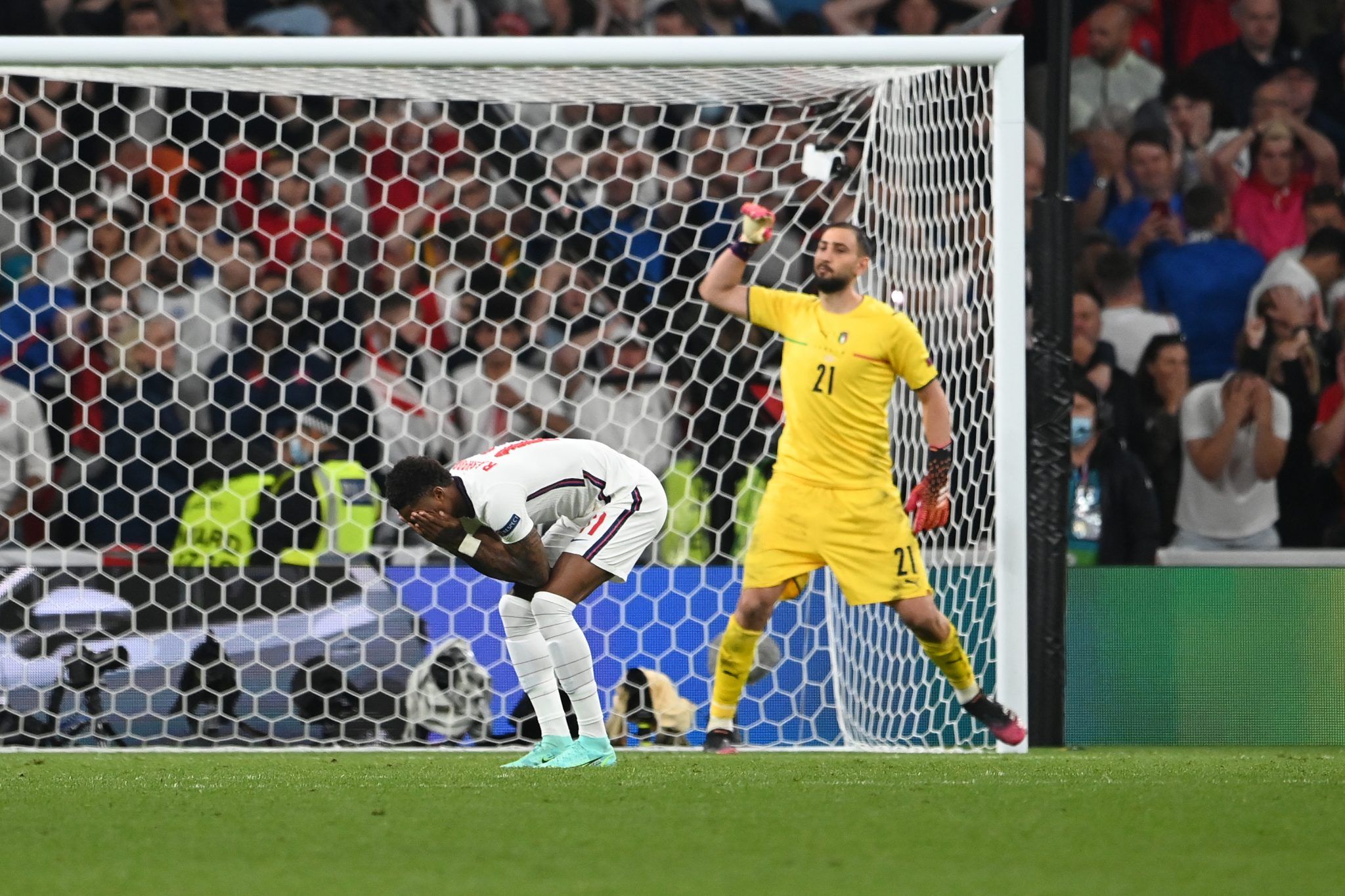FIFA have teamed up with players' union Fifpro to tackle the problem.
A study from world football governing body FIFA found that 50 per cent of players competing at the European Championships and Africa Cup of Nations received some form of abuse.
The report tracked over 400,000 social media posts throughout the semi-finals and final of the Euros, as well as the entirety of this year's Africa Cup of Nations.

Homophobic and racist abuse accounted for the majority of the comments.
In the study, it was confirmed that black players who missed penalties in the Euros final were the most abused, with Marcus Rashford and Bukayo Saka the two who received the most abuse, as per the
BBC.
The report also concluded that the majority of abuse came from the players' home countries. Homophobic (40 per cent) and racist (38 per cent) abuse accounted for most of the comments.
90 per cent of the accounts who made abusive comments were also described as having posted comments which have a "high probability" of allowing the user to be identified.
"Our duty is to protect football, and that starts with the players who bring so much joy and happiness to all of us by their exploits on the field of play," said Fifa president Gianni Infantino.
"Unfortunately, there is a trend developing where a percentage of posts on social media channels directed towards players, coaches, match officials and the teams themselves is not acceptable. This form of discrimination, like any form of discrimination, has no place in football."

FIFA & Fifpro launch 'in-tournament moderation service' to tackle hate speech.
In order to help tackle the ongoing issue, FIFA have teamed up with the players' union Fifpro to launch a dedicated 'in-tournament moderation service' which can be used to scan any recognised hate speech terms published to identified social media accounts.
The aim of the service will be to detect the comment and prevent the comment from being seen by the person the message has been sent to, as well as their followers.
Online abuse is a societal issue and as an industry, we cannot accept that this new form of abuse and discrimination affects so many people including our players," explained Fifpro president David Aganzo.
"This collaboration recognises football's responsibility to protect the players and other affected groups against the abuse they increasingly face in and around their workplace."




